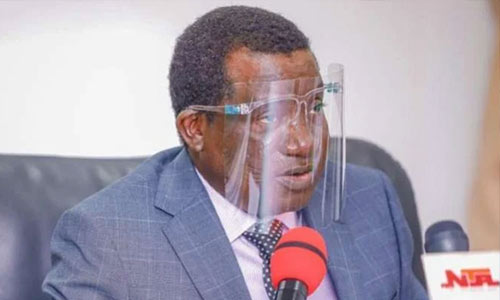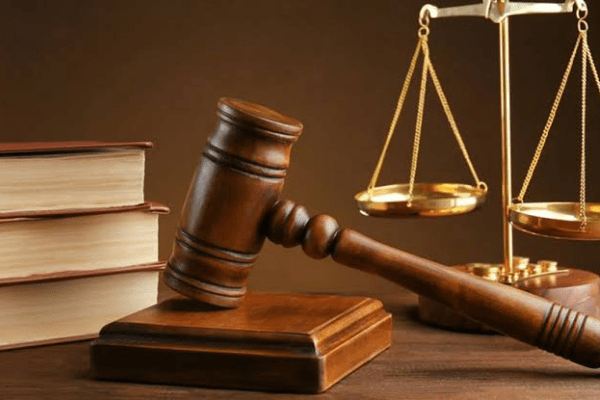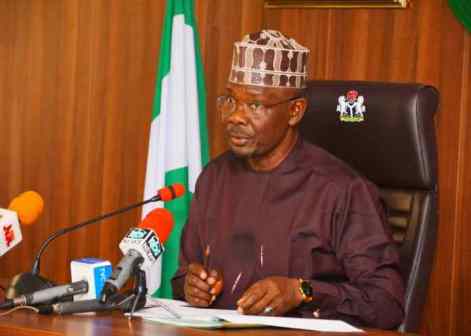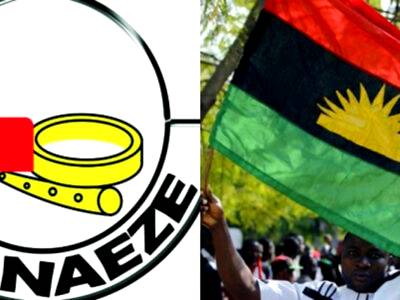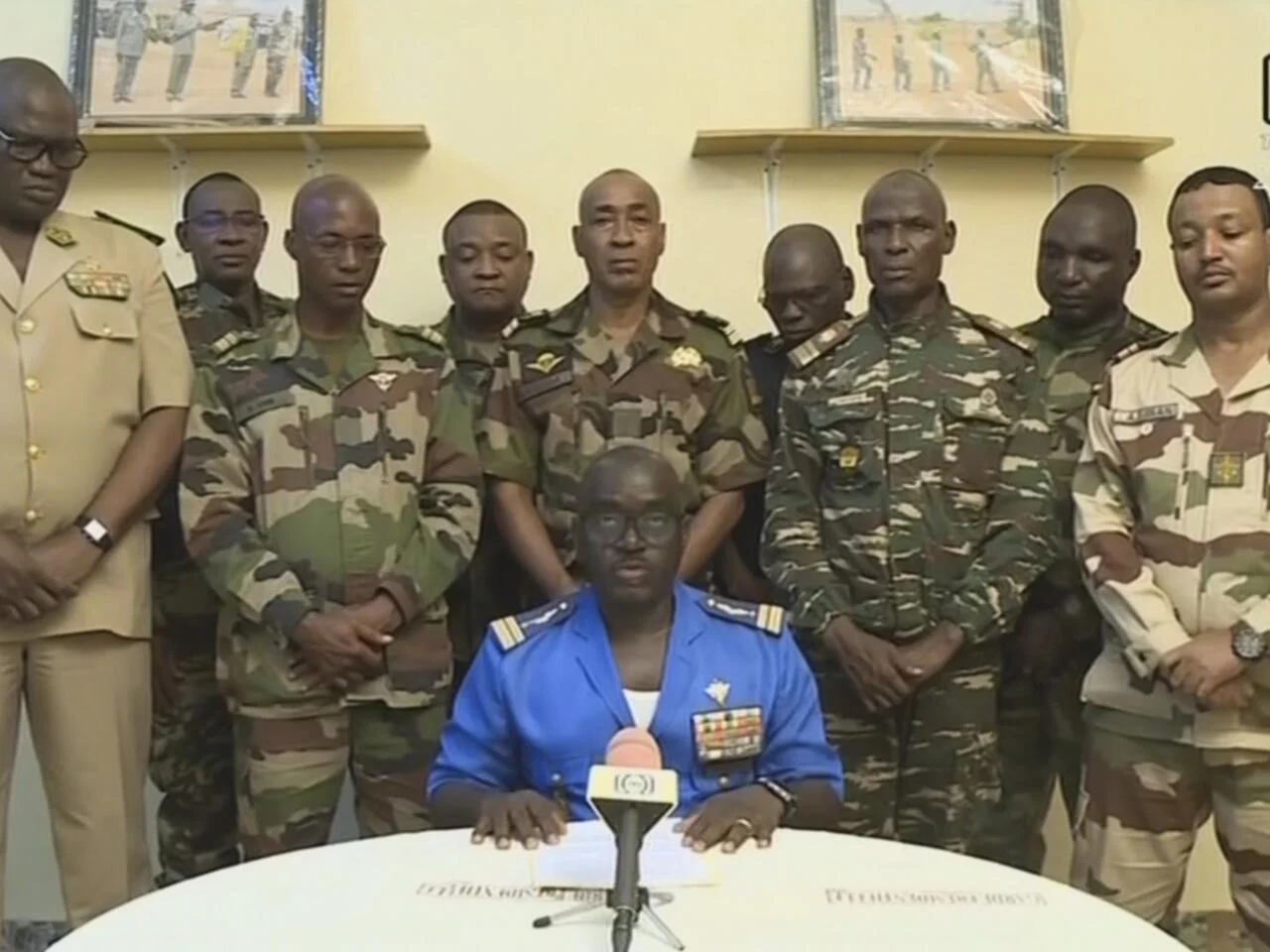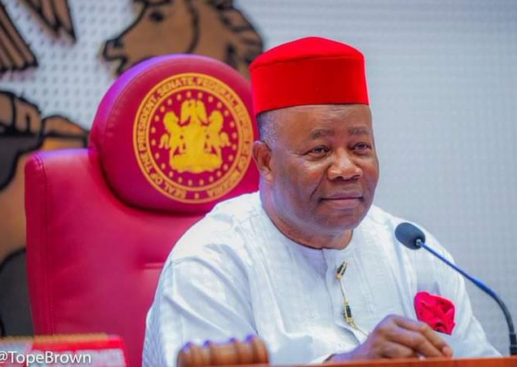The Economic Community of West African States Court in Abuja will on December 7, 2023, deliver its ruling on interim measures in a case between the State of Niger and seven others, and the Authority of Heads of State and Government of ECOWAS and two others. The court fixed the date after hearing both parties during its sitting held on Monday, November 21, 2023, in Abuja, Nigeria. At the hearing, the applicants represented by their lawyers, Mr Moukaila Yaye, and five others argued that the sanctions imposed by the Authority of Heads of State and Government of ECOWAS, led by Nigerian President Bola Tinubu, have occasioned adverse effects on the Nigerien people, including shortage of food, medicine, and electricity, due to the closure of borders and cut off of electricity supply by Nigeria. A statement from the court on Wednesday said the applicant asked the court for interim court orders that would compel the Authority of Heads of State and Government to immediately suspend the sanctions. They said the respondents overreacted by imposing the sanctions which were not successive and that Niger was treated unequally and unfairly compared to the other three member states (Mali, Burkina Faso, and Guinea) that also experienced coup d’état in recent years. The applicants also asked the court to declare its competence to examine the case and declare the application admissible in accordance with the court’s texts. The respondents – Authority of Heads of State, the Mediation and Security Council, and the ECOWAS Commission – represented by Mr François Kanga-Penond – raised an objection to the inadmissibility of the application and asked the court to reject the request of the applicants. Kanga-Penond told the court that coup d’état was not recognised in a democracy and that the junta does not have the legal capacity to bring a case before the court, adding that the democratically elected President Mohamed Bazoum has a pending case before the court in which he is challenging the legitimacy of this same junta. Kanga-Penond emphasised that the lack of legal capacity of the junta to approach the court robs the court of the jurisdiction to examine their request for interim measures. “In the initiating application, the applicants – the State of Niger, six Nigerien organisations, and a Nigerien national asked the court to declare the measures taken by the Authority of Heads of State and Government of ECOWAS during its extraordinary sessions of July 30 and August 10, 2023, allegedly aimed at restoring constitutional order in the Republic of Niger, illegal. “They requested the court to nullify all decisions of these ECOWAS organs imposing sanctions, including the decision to resort to military intervention in the Republic of Niger, “ the statement added. Meanwhile, parliamentarians of ECOWAS have appealed to the Heads of State and Government in the region to lift the sanctions imposed on the Niger Republic. The Heads of State and Government of ECOWAS had in July called for the immediate release and reinstatement of President Mohamed Bazoum as the legitimate Head of State and Government of the Republic of Niger. They further imposed sanctions on the Niger Republic over the ouster of Bazoum by some military officers led by erstwhile Presidential Guard Commander, General Abdourahamane Tchiani. The Chief Whip of the Nigerian Senate, Senator Ali Ndume, who is also a member of the ECOWAS Parliament, addressed journalists after the opening session of the parliament in Abuja on Wednesday, saying the sanctions were biting hard on the masses including Nigerians in the border states. “Niger is bordering about eight states in Nigeria, namely Borno, Yobe, Kano, Katsina, Sokoto, Zamfara, and Kebbi. Since the closure of the border and the imposition of sanctions, poor people, especially children and women, have been exposed to untold hardship and no meaningful progress have been made in term of resolving this issue. “We are, therefore, using this opportunity of the second extraordinary session of the ECOWAS Parliament to appeal to the ECOWAS Head of State to intensify the resolution of the political impasse in Niger by first lifting the sanctions and opening the closed border of Niger and Nigerian. “Let me add by saying that this is a collective decision by some of us who are concerned about what is going on and the suffering our people are going through. “This also affects other non-border countries because Niger is a leadway for goods moving from Sokoto to Ghana, goods moving from Togo to Nigeria, and goods moving from several parts of the ECOWAS countries from the West down to the North,” he said. Also speaking, Abdullahi Salame from Sokoto said his people were suffering from the sanctions on the Republic of Niger. He said thousands of trailers loaded with food items to be transported to Niger were stranded at the border, lamenting that the food items were already decaying. He said the border closure was also increasing insecurity in the region.

